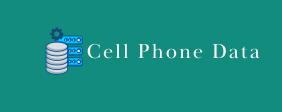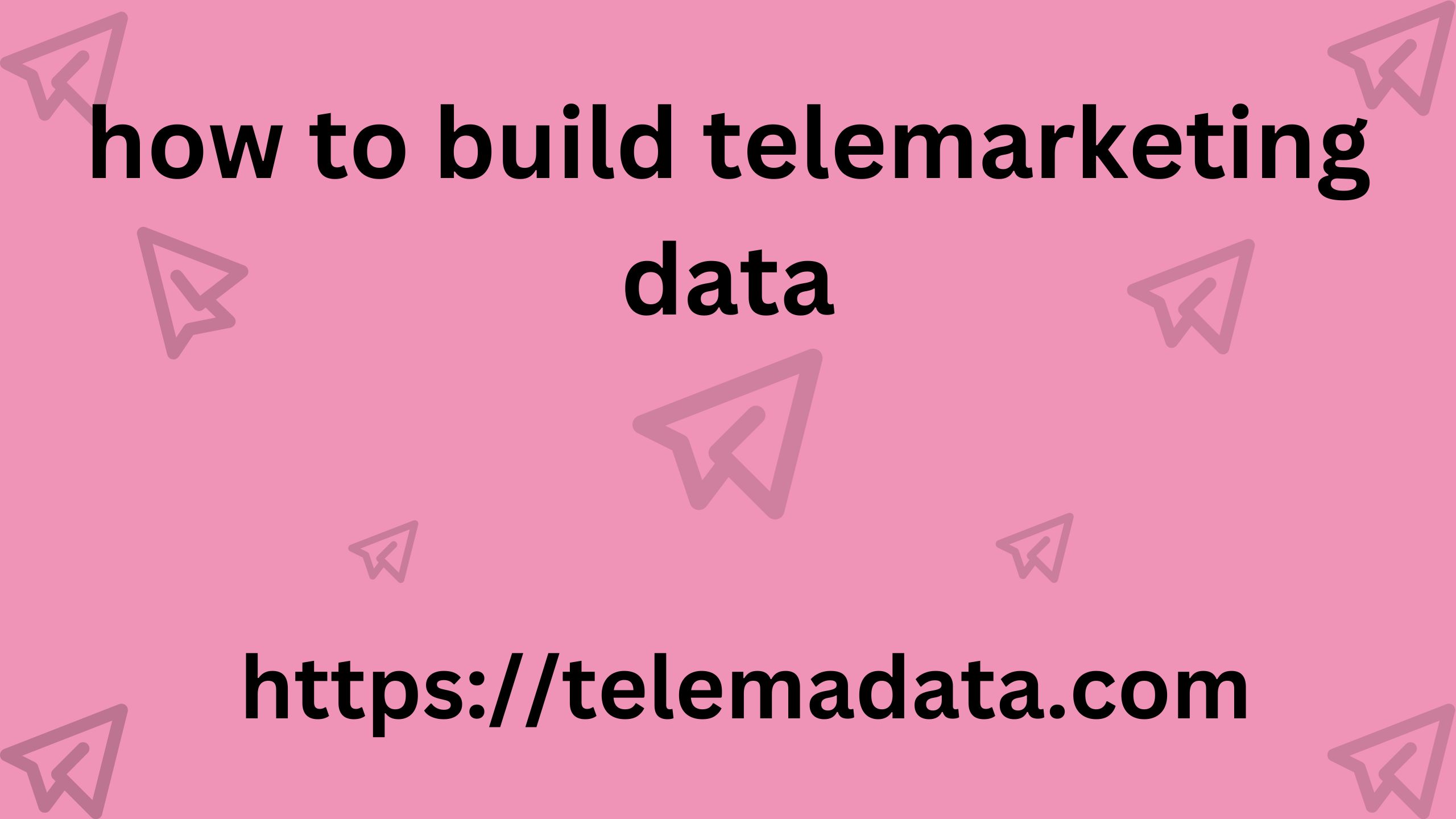As marketing evolves over time, the language we use as marketers also evolves. As in many industries, the jargon and acronyms used in marketing can confuse customers. This is partly our fault as marketers. To be honest, we marketers are also confused about the usage of some terms. The biggest example of this is the confusion between SEO and SEM. These two terms are used interchangeably without a clear understanding of their relationship and differences. Is SEO part of SEM? What components are included in SEM? Isn’t organic SEO the best approach in the long run? We are faced with questions like these.
SEO and SEM have a symbiotic relationship
Both have the potential to deliver top-tier marketing results when used to their full potential. Those looking to grow their business online need to understand the difference between SEO (search engine optimization) and SEM (search engine marketing) before they get started. Yes, they are separate (but closely related) strategies, but they are both important strategies to use in your company’s online search marketing. In fact, you need SEO to do SEM right.
SEM
It is an online marketing that involves getting paid or free traffic from search engines. SEM strategy includes activities related to setting up and optimizing ads as well as setting a budget that pays for the placement of ads. SEM is a marketing tactic that involves promoting websites by increasing their discoverability on search engine results pages through optimization and advertising.
This strategy is often referred to as paid search or pay-per-click (PPC) marketing
Google Ads is the most commonly used search provider for this strategy. This way brands create campaigns that identify keyword research and the most used keywords. They do this for their industries, products or services. When users search for these keywords, they see special ads. Every time a user clicks on the ad, the brand is charged.
No matter where you choose to spend your internet marketing budget, there are some key strategies for successful SEM:
- Launch ad campaigns with a specific target audience (e.g. geographic, industry, etc.).
- Create ad groups consisting of variations of your target keywords.
- Write relevant ad copy using these selective keywords.
- Set an advertising budget.
- Track metrics like clicks, impressions, click-through rates, and average cost-per-click.
- Create retargeting audiences.
- Develop targeted social media ads on appropriate networks like LinkedIn.
There are other considerations to make when starting and maintaining an effective paid search advertising campaign, but these seven are especially important for those just starting out.
SEO
It is a way of optimizing websites to ensure you get free (organic) traffic on search engine results pages.
According to Google Knowledge Graph, SEO is the process used to increase the number of users visiting a website by ensuring that it appears higher than other sites in the results returned by the search engine. SEO techniques are generally divided into three categories. Technical consists of On-page and Off-page SEO strategies.
On-page SEO: Optimizes all pages of a website to reach a specific keyword and display it in search engines. These strategies include: keyword research, content creation, and keyword optimization. On-page SEO helps search engines understand a content page. Therefore, it ranks higher in search engines.
Technical SEO: Optimizes the non-content how to build telemarketing data elements and the website as a whole to improve the back-end structure and foundation of a website. These strategies deal with: site speed, mobile compatibility, indexing, crawlability, site design, structured data, and security. Technical SEO improves both user and search engine results, which leads to higher search rankings.
Off-page SEO : Builds a website’s reputation and authority by linking to other high-quality websites. Off-page SEO techniques include: linking from other websites (getting high-quality backlinks) and managing local listings and directory profiles. When many websites link to a brand’s website, it shows search engines that the brand’s website is trustworthy and reputable, which increases the brand’s search rankings.
A quality SEO plan does not adopt one of the three types mentioned above, but uses all three strategies together to achieve the best results.
Which is Better? Should You Use SEO or SEM?
Now that you have compared SEM vs SEO, it will be easier to decide which tactic is right for your marketing strategies. You can decide which one is right for your brand.
Although SEO is one of the two components of search engine marketing, many marketers mean PPC advertising when they refer to SEM.
Essentially, they consider Paid Search Advertising as the sole component of SEM, so we can make a comparison between the two.
Cost of SEO and SEM
The pricing scale for SEO and SEM depends 2024 mga nangungunang trabaho sa japan linggo on a variety of factors, including competition, size, industry, and more. Mid-level businesses typically allocate budgets for SEO and SEM as follows.
SEO: $750-2000/month
SEM : $9000-10,000/month
Prices may vary depending on the sector of the company, the points they want to reach and their marketing strategies. You need to take these numbers into consideration for your company’s goals. Use these numbers as a reference when allocating a budget for SEO and SEM and determine your budget accordingly.
Organic SEO is the best marketing strategy to achieve long-term results. Searching for target keywords in search engines will rank your website higher with organic results. Organic results provide your website with free results 24/7. It increases your visibility in the industry and allows you to benefit from all the benefits of SEO.
Websites using PPC can continue to receive aob directory targeted traffic from search engines, but this requires payment. Traffic disappears when paid campaigns are stopped.
Although the cost of SEO traffic seems lower, it should not be forgotten that organic results used to reach popular keywords require a long time, great effort and cost.
The search field is important for all industries because it is competitive and very important to rank high in search engines and you may need to invest.
You should always create high quality content, this is a very costly time period. The SEO process and your website must be compliant with hundreds of SEO rules. For this, you will need to hire an SEO expert.
As a result, which is a more effective method in terms of budget, SEO or SEM? The answer to this is definitely SEO. SEO use may require an initial investment. However, the keywords that are important to your business will ensure that your website ranks higher. You will not be worried about high fees for ads and you can enjoy free traffic 24/7.
How Long Does SEO and SEM Take?
Another major difference between SEO and SEM is how long SEO takes and how long SEM takes. There are some pretty significant differences between the two. Average times are:
SEO: Approximately three to six months
SEM: Instant or from the moment your ads start running
SEO efforts take longer to affect results than SEM efforts. A number of factors can affect the time it takes to return results.
For example, your SEM campaign might not produce results right away. Instead, you might need a few weeks of ad data to refine your targeting to increase your conversion rates. Or your SEO campaign might need more time to build backlinks or fix issues from an SEO audit.
So, which one is better depends on your overall digital marketing goals. If you want to get traffic quickly, you can start with SEM (paid search advertising) and work on your SEO in parallel. If you want to build a long-lasting online business without relying on paid traffic, it makes sense to use SEO.
Conclusion
Many marketers debate whether one is better than the other. An inbound marketer may argue that organic SEO is the best approach, but as you can see, true SEM cannot be successful without the use of organic SEO.
Additionally, there are many situations where PPC makes more sense than SEO. For example, if you are just launching a site and want instant visibility, it is a good idea to set up a PPC campaign as it takes less time than SEO, but it is definitely wise to go with PPC.
While organic SEO may take longer to show results, it will cost less in the end and you will build search credibility that you may not be able to establish with PPC.
When it comes to determining the best strategy, it’s important to evaluate your specific needs.

